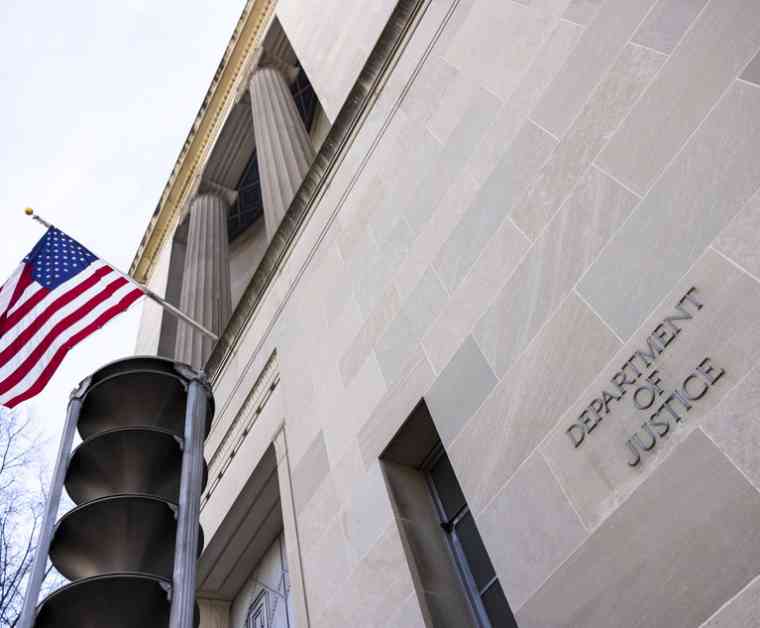In a recent letter dated February 20, the acting solicitor general raised concerns about the constitutional validity of job protections for administrative law judges (ALJs). This move has sparked a wave of controversy, with legal experts and officials weighing in on the potential impact of this decision. The debate centers around whether the multiple layers of removal protections for ALJs infringe on presidential authority, as outlined in Article II of the U.S. Constitution.
The stance taken by the Trump administration on this issue has significant implications for the future of ALJs and the legal landscape as a whole. Legal experts, including a former U.S. Securities and Exchange Commission enforcer, have characterized this development as a pivotal moment in the ongoing debate over the independence and accountability of administrative law judges.
Unpacking the Legal Framework
To understand the implications of the administration’s position on job protections for ALJs, it is essential to delve into the legal framework that underpins this issue. The role of administrative law judges is crucial in the functioning of government agencies and regulatory bodies, as they preside over hearings, make decisions on regulatory matters, and adjudicate disputes between government agencies and private parties.
The debate over the constitutionality of job protections for ALJs revolves around the balance of power between the executive branch and the administrative state. By asserting that the removal protections for ALJs constrain presidential authority, the administration is raising fundamental questions about the separation of powers and the accountability of government officials.
This legal stance has sparked a broader conversation about the role of ALJs in the legal system and the extent to which they should be shielded from political influence. Supporters of job protections for ALJs argue that these safeguards are essential to ensure impartiality and fairness in administrative proceedings, while critics contend that such protections may undermine presidential authority and accountability.
Implications for the Legal Landscape
The implications of the administration’s position on job protections for ALJs are far-reaching and could have a profound impact on the legal landscape. If these protections are deemed unconstitutional, it could open the door to significant changes in the way administrative proceedings are conducted and decisions are made.
Legal experts are closely monitoring this issue, as it has the potential to reshape the relationship between the executive branch and administrative agencies. The outcome of this debate could have implications for a wide range of regulatory matters, from environmental protection to financial regulation, and could set a precedent for future challenges to the independence of administrative law judges.
As the debate continues to unfold, it is clear that the issue of job protections for ALJs is not just a legal matter but a fundamental question about the nature of governance and accountability in a democratic society. By scrutinizing the constitutional basis for these protections, the administration is raising important questions about the balance of power and the separation of powers in the U.S. government.
In conclusion, the debate over the constitutionality of job protections for administrative law judges is a complex and nuanced issue that has far-reaching implications for the legal landscape. As legal experts and officials continue to weigh in on this matter, the outcome of this debate could have a lasting impact on the relationship between the executive branch and administrative agencies.















